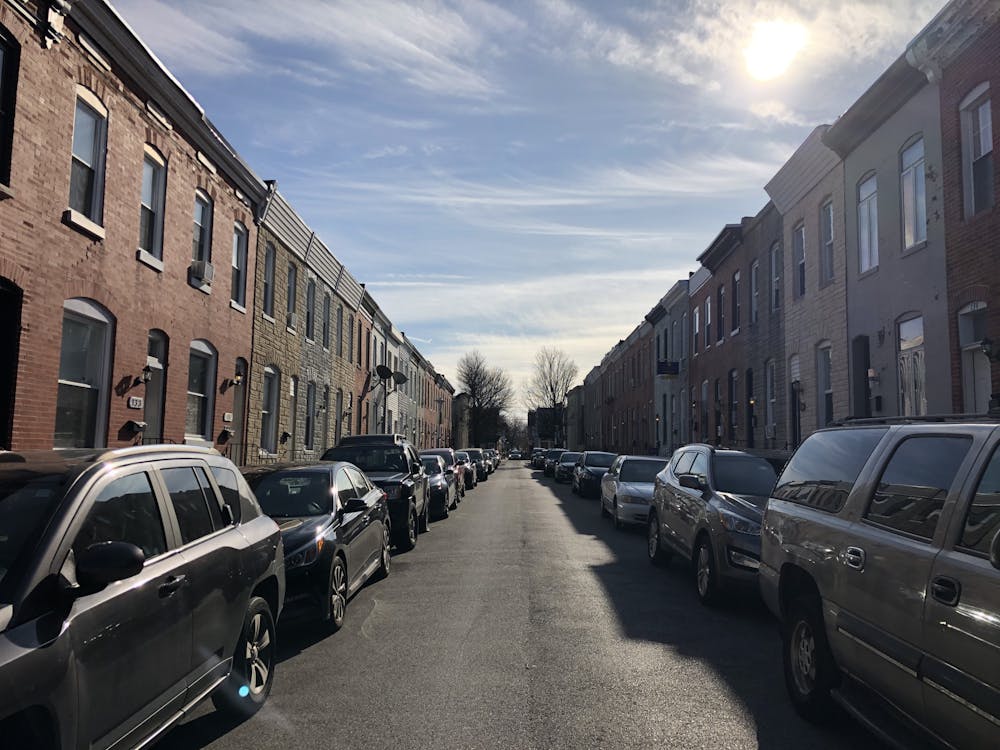Mayor Brandon Scott announced Wednesday that Baltimore will relax capacity restrictions for businesses. This change comes just days after Scott resisted Maryland Governor Larry Hogan’s decision to lift statewide capacity limits at restaurants and open large indoor and outdoor venues for 50% capacity.
Starting 6 a.m. on March 26, indoor and outdoor dining in Baltimore will be limited to 50% and 75% capacity, respectively. Religious facilities, libraries and gyms will be able to open at 50% capacity. Businesses providing personal services are also capped at 50% capacity and must operate with appointments only.
Hogan has permitted local jurisdictions to enact more aggressive restrictions throughout the pandemic, and Baltimore has frequently implemented stricter measures than the state regulations. Scott’s latest order is still stricter than the governor’s statewide order.
Since late January, Baltimore capped indoor dining at 25% capacity and outdoor dining at 50% capacity. Indoor and outdoor facilities had to operate at 25% capacity.
In the press conference yesterday announcing the changes, Scott warned city residents to be mindful of the pandemic in celebrating St. Patrick’s Day.
“Don’t act a fool today,” he said. “You might kill somebody.”
The University has not yet announced if it will change its guidelines in response to the city’s new regulations. Under current rules, some students have expressed frustration with limited group study rooms and unavailability of indoor dining spaces.
Sophomore Breanna Soldatelli, who is currently living near campus but is from Wicomico County, supports the mayor’s decision and believes that Hopkins should follow the city in relaxing restrictions and allowing small gatherings.
“I feel like Hopkins forcing limitations is causing some people to get frustrated and just do it in secret,” she said. “Allowing people the opportunity to safely gather in small groups is better than giant unsafe gatherings of frustrated college students.”
Karen Lancaster, the assistant vice president of external relations for the Office of Communications, stated that the University is evaluating city guidelines but declined to comment further.
Senior Hunter Hopkins predicted that the city’s new restrictions will have little effect on the student body, since most students stay very close to campus and mainly use University facilities.
“I would imagine that Hopkins will continue to be more strict than Baltimore is,” she said. “With its standing as a public health institution, I understand why they’ve been so timid... [although] they’ve aired further on the side of safety than I think is necessary.”
As president of the Catholic Community at Hopkins, Hunter Hopkins also explained that the city’s increased capacity rule for religious facilities may have a positive impact on students.
“We’re fortunate at Hopkins. The Catholic parish can fit probably 800 people, so [capacity] really has not been an issue,” she said. “However, for other organizations that may have small gathering spaces, I could see the new regulations being very beneficial.”
Muslim Student Association President Maiss Mohamed reported that unless the University follows the city’s changes, the increased capacity for religious facilities will not affect the University’s Muslim population.
“There aren’t a lot of mosques near campus. We pretty much have to do everything in the Interfaith Center,” she said. “The new restrictions won’t really change anything... but there is an opportunity for other student organizations to do more.”
Mohamed expressed a desire for students to remain safe and careful, even with relaxing regulations.
“There’s a potential for people to go out more into the city, but, at the same time, I feel like we have a pretty COVID-conscious campus,” she said. “I’m hoping that people don’t do too much or take too much liberty with the restrictions.”





